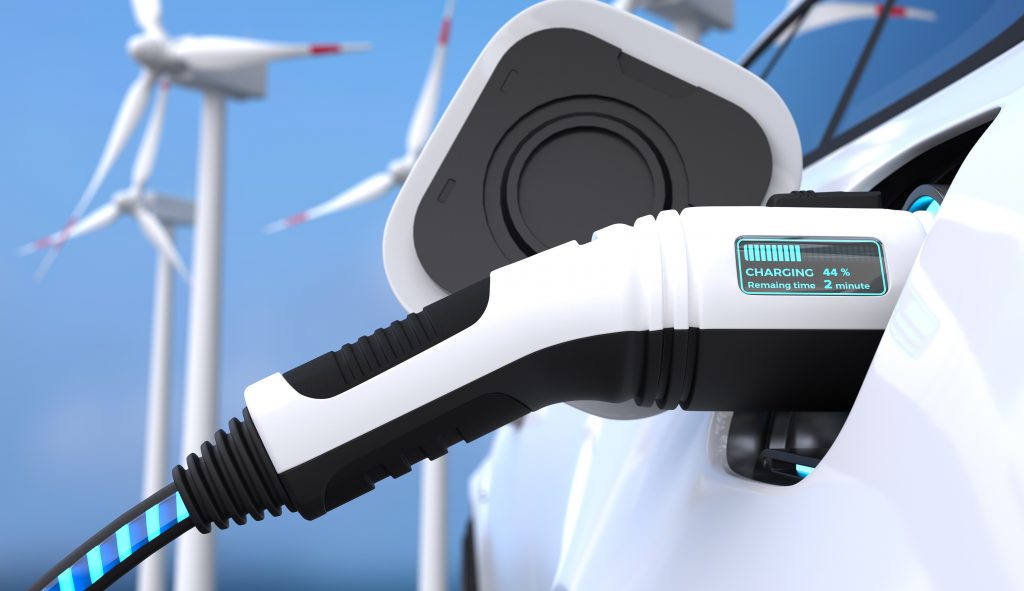The Electric Vehicle Surge in Singapore: A Growing Interest Amidst Concerns
In recent years, the global automotive landscape has witnessed a significant shift towards electric vehicles (EVs), and Singapore is no exception. A recent survey conducted as part of the 2024 EY Mobility Consumer Index reveals that a remarkable 73% of local car buyers express interest in purchasing electric vehicles, surpassing the global average of 58%. This statistic not only highlights the growing momentum for EV adoption in Singapore but also underscores a broader trend towards environmentally sustainable transportation.
Rising Interest in Electric Vehicles
The survey results indicate a notable increase in interest compared to the previous year, where only 63% of local consumers showed enthusiasm for EVs. This upward trajectory reflects a changing mindset among Singaporean consumers, who are increasingly prioritizing environmentally friendly options in their transportation choices. Among those intending to buy electric vehicles, 40% expressed a preference for fully electric vehicles or battery electric vehicles (BEVs), while the remainder showed interest in hybrid or plug-in hybrid models. This diversification in preferences suggests a robust demand for various electric powertrain options, catering to different consumer needs and concerns.
Concerns Over Costs and Infrastructure
Despite the growing interest in EVs, the survey also highlights several concerns that potential buyers have regarding the transition to electric mobility. A significant 60% of respondents cited the high costs associated with public charging stations as a major deterrent. The financial implications of charging infrastructure can be daunting for many consumers, particularly in a city-state known for its high cost of living.
Additionally, 40% of respondents raised concerns about the safety and reliability of EV charging infrastructure. These apprehensions are not unfounded, as the availability of charging stations and their operational reliability are critical factors influencing consumer confidence in electric vehicles. While Singapore has made strides in developing its EV infrastructure, addressing these concerns is essential for fostering a more favorable environment for EV adoption.
Singapore’s Position in Southeast Asia
Despite the concerns raised, the report emphasizes Singapore’s position as a leader in electric vehicle infrastructure within Southeast Asia. The city-state boasts a more advanced network of charging facilities compared to its regional counterparts, which is a testament to its commitment to promoting sustainable transportation. However, the findings suggest that there is still a need for greater public awareness regarding the ongoing improvements in EV infrastructure.
Efforts to inform consumers about the availability and reliability of charging stations could play a crucial role in alleviating concerns about costs and safety. By enhancing public knowledge and understanding of the EV ecosystem, Singapore can encourage more residents to consider electric vehicles as a viable and attractive option.
The Path Forward: Addressing Consumer Concerns
As interest in electric vehicles continues to grow in Singapore, addressing the concerns highlighted in the survey will be pivotal in driving broader adoption. Stakeholders, including government agencies, automotive manufacturers, and charging infrastructure providers, must collaborate to create a more supportive environment for potential EV buyers. This could involve initiatives such as:
-
Subsidies and Incentives: Implementing financial incentives for EV buyers, such as subsidies for charging infrastructure installation or reduced costs for public charging, could mitigate concerns about high expenses.
-
Public Awareness Campaigns: Launching campaigns to educate consumers about the benefits of EVs, the advancements in charging technology, and the reliability of existing infrastructure can help build trust and confidence.
-
Expansion of Charging Networks: Continued investment in expanding the network of charging stations, particularly in high-traffic areas and residential neighborhoods, will enhance accessibility and convenience for EV users.
- Safety Assurance Programs: Establishing safety standards and regular inspections for charging stations can address concerns about reliability and safety, reassuring consumers about the infrastructure they rely on.
Conclusion
The findings from the 2024 EY Mobility Consumer Index reflect a promising trend towards electric vehicle adoption in Singapore. With 73% of local car buyers expressing interest in EVs, the potential for a sustainable transport ecosystem is within reach. However, addressing the concerns surrounding costs and infrastructure will be crucial in converting interest into action. By fostering a supportive environment for electric vehicles, Singapore can lead the way in sustainable transportation in Southeast Asia, paving the path for a greener future.

